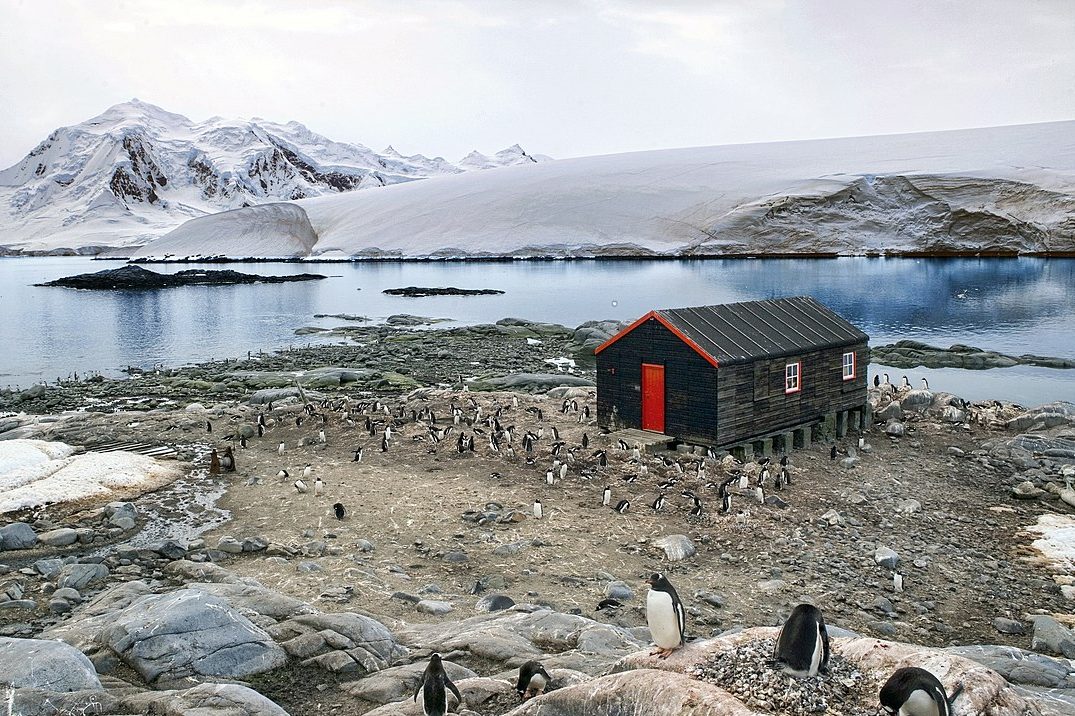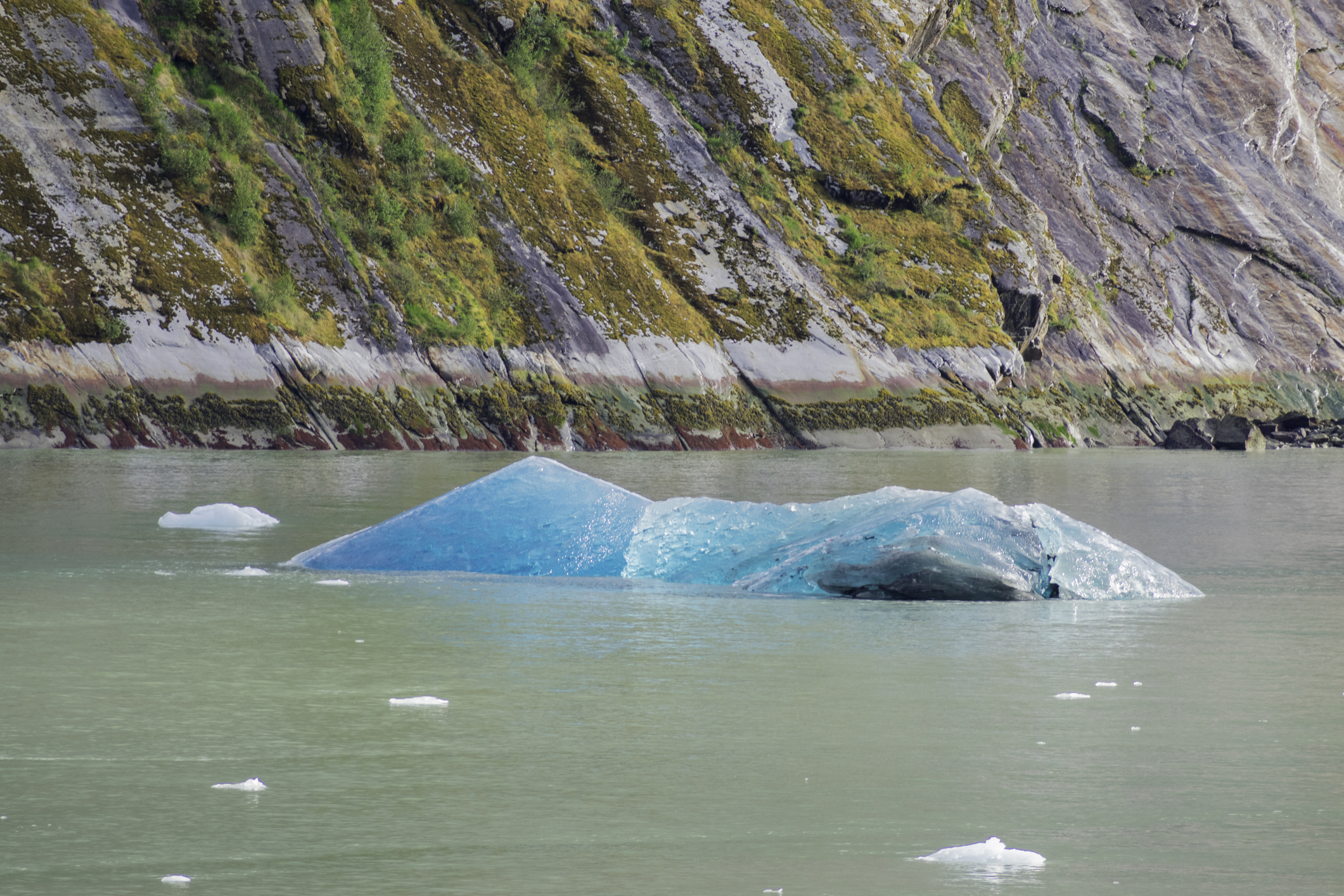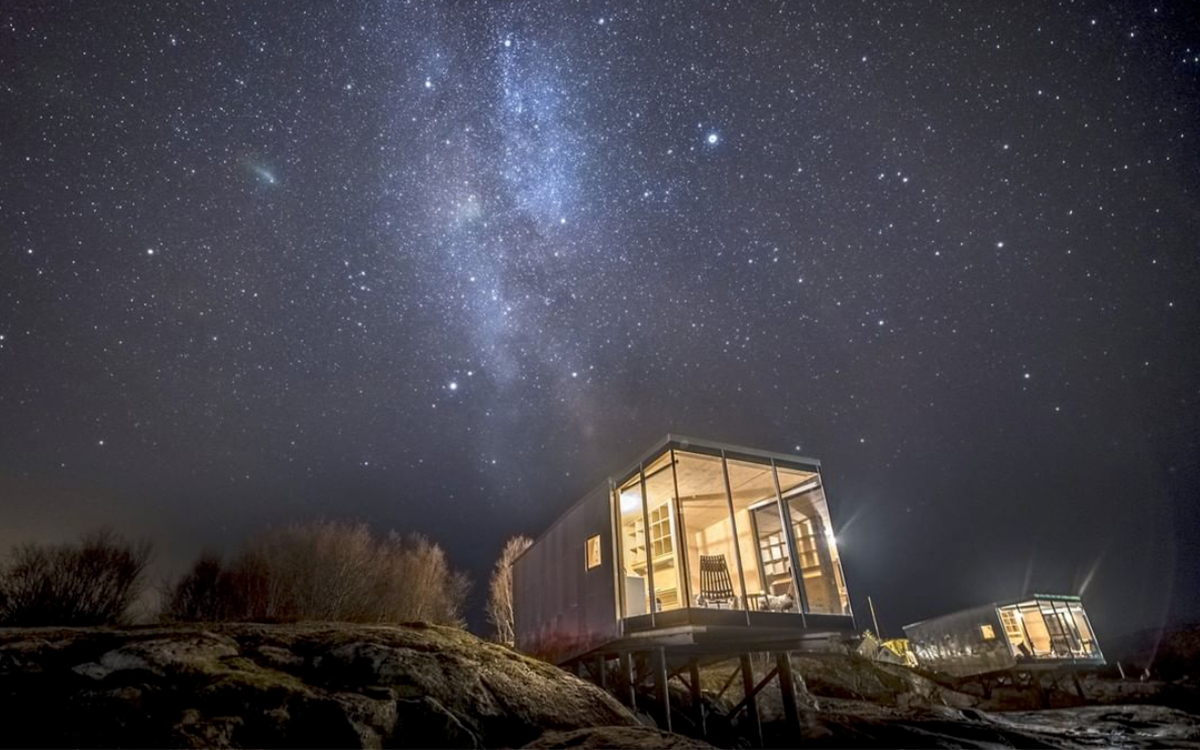If you’ve been trying to find a location somewhere on the globe without any COVID-19 cases, there is one very large one (geographically speaking, at least) that comes to mind: Antarctica. So far, the continent has avoided any cases of the pandemic — due in part to the coronavirus pausing global research efforts there and elsewhere.
A new article by Robin McKie at Air Mail outlines the dilemma that many scientific institutions located in Antarctica currently face: at what point will their efforts to keep the pandemic at bay put their research in jeopardy?
McKie notes that the Royal Research Ship James Clark Ross — whose complement of 40 scientists and service personnel quarantined for 2 weeks — is preparing to head to Antarctica this week with the goal of, essentially, seeing what research can be salvaged. “[N]o senior British scientist will have embarked on a mission to the continent this year for the first time in decades,” McKie writes. That decision has had its own set of implications.
“[Antarctica] has so much to tell us, and hopefully we will be able to pick up where we left off in a year’s time and return with large numbers of scientists,” said Jane Francis, the British Antarctica Surveys director. “Then we can resume all the projects that we have had to postpone.”
For now, the continent is witnessing a strange blend of the familiar and unfamiliar, including wildlife feeling increasingly comfortable around research stations. That Antarctica has gone for so long without COVID-19 cases is impressive, but it hasn’t been without a cost.
Thanks for reading InsideHook. Sign up for our daily newsletter and be in the know.

















